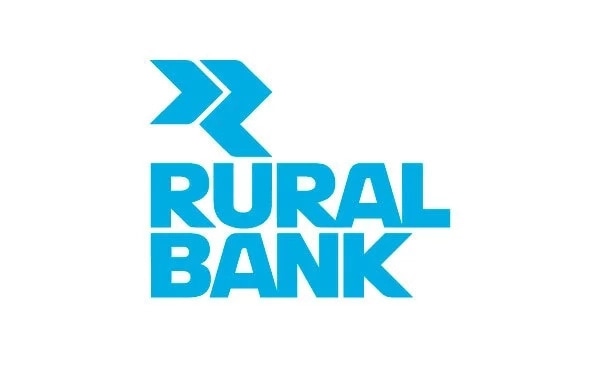
You’ve built your brand, but is it getting you attention and new customers? If the answer is no, it may be time to revisit whether your brand is working in the first place.
In the initial stages of building a business, most entrepreneurs develop a brand. But once things are off and running, they often do not revisit it. After all, when you’re busy hiring, targeting new customers and handling the other day-to-day tasks, it’s easy to just run with whatever branding you came up with in the early days.
But branding is something that entrepreneurs should continually revisit. Here are five questions to ask yourself, to see if your brand is working—and how to help boost it.
1. Can your clients describe your brand in three easy words?
If not, then let’s start there. Select three keywords that describe who you are and what your brand offers. These words should reflect positivity, provoke action, cause compassion or excitement based on the nature of your business.
If you’re not already developing thought-provoking messaging that makes your brand stand out like a unicorn, then your brand probably is not working.
Once you’ve selected your words, put them to use by boldly inserting them into your messaging via press releases, advertisements or social media. In the age of information overload, your clear messaging will make sharing quicker and simpler, helping to result in increased exposure.
2. Does your brand show thought leadership?
Are you an expert in your field and no one knows it? Then your brand is probably not working. By establishing yourself as an industry expert, you’ll support your company’s product or services and highlight credibility.
Begin by updating your bio, professional headshots and, if applicable, images of your store. Use these tools to begin pitching yourself as an expert for guest-speaking opportunities at industry-based conferences and quotes for local media outlets. Capture these moments in digital format and share online to boost brand exposure.
3. Does your brand attract other brands?
Do others seek you out for partnership, sponsorship or mentorship? If the answer is no, you could be in for a short ride. Building relationships in business is key to longevity. Try nurturing relationships with mutually beneficial organizations to foster partnerships that could help you achieve success.
People enjoy doing business with people and brands that they like. Make your brand irresistible. Attract allies by immersing your brand with positive media, excellent performance and outstanding customer satisfaction.
4. Is your brand a chameleon or a unicorn?
In a world where millions of brands are fighting for the attention of customers, media and viral status, being a chameleon and blending in is not an option. If you’re not already developing thought-provoking messaging that makes your brand stand out like a unicorn, then your brand probably is not working.
Try scheduling a team brainstorming session to evaluate top industry brands. Think outside the box by researching non-related industry trends to see how they can be translated into your marketplace. Once you’ve identified the top brands, study how they’ve achieved success. Don’t focus on what they did, focus on how they did it. Use the how to move your unique plan into action.
Once you’ve developed your idea, remember to stay consistent with your three-word branding message. Test your idea on a small group of clients and gather feedback. If the results are positive, place it into full motion and record results for future edits.
5. Have you measured your brand growth?
Since the launch of your business, have you seen growth in the areas of clients, revenue and exposure? Most business owners develop a brand but they don’t often they revisit their plans to evaluate growth and deficit.
Take the time to do a full analysis of your brand’s growth by comparing such things as income statements, client mailing lists and social media followers. These areas are vital to the overall growth of your brand, as it shows the trajectory of your business thus far. If you conclude that there is little to no increase in any of these areas, a rebranding plan is needed.
Author: Rachel Green
CEO and Founder, A Brand Called U! Public Relations









